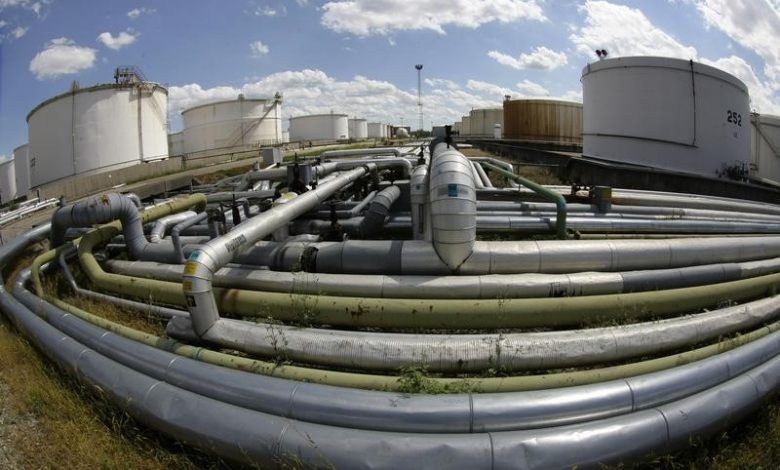
Environmental Activists Achieve Landmark Ruling Against UK Oil Well Plan
By Michael Holden
LONDON (Reuters) – The UK’s highest court has ruled that planning authorities should have taken into account the impact of climate-warming emissions when approving an oil well near Gatwick Airport. This decision is seen by activists as potentially transformative for fossil fuel projects across Britain.
Environmental groups contended that the planning permission granted to extend the oil well site near London was flawed because it did not assess the greenhouse gas emissions resulting from the oil’s use.
In a close decision of three to two, the Supreme Court judges agreed and nullified the planning approval, deeming it unlawful. Although the court clarified that local councils can still permit projects with expected significant environmental harm, activists believe this key ruling will impose stricter requirements on new oil, gas, and coal developments seeking approval.
Katie de Kauwe, a lawyer for Friends of the Earth, hailed the ruling as a pivotal moment in the campaign against fossil fuel extraction in the UK, emphasizing its importance in achieving essential climate targets.
The implications of this ruling could extend to other contentious projects like a proposed coal mine in Cumbria and various North Sea oil and gas initiatives. Tom Cummins, a partner at the law firm Ashurst, noted that oil and gas firms will need to scrutinize the ruling to understand its potential effects on upcoming projects and ongoing legal challenges that were paused pending the Supreme Court’s decision.
The government has stated it will carefully evaluate the ruling’s implications for existing legal cases.
The case originated from a 2019 decision by Surrey County Council allowing Horse Hill Developments, part-owned by UK Oil & Gas, to maintain two oil wells and drill four additional ones over the next 20 years near Horley, close to Gatwick Airport.
An Environmental Impact Assessment (EIA) completed for the project considered construction, production, and decommissioning effects but failed to assess emissions associated with the combustion of the refined oil. The Weald Action Group (WAG), representing local campaigns against oil and gas extraction in southeast England, estimated that this would lead to more than 10 million tonnes of carbon emissions.
After a legal challenge against the planning approval was dismissed by both the High Court in London and subsequently the Court of Appeal, the Supreme Court overturned those decisions. The justices noted that emissions from burning the refined oil would have a significant climate impact.
George Leggatt, one of the justices who backed the appeal, stated, “It is not disputed that these emissions, which can easily be quantified, will have a significant impact on climate… It seems to me plain that they are.”
UKOG’s CEO Stephen Sanderson indicated that the company is shifting its focus toward underground hydrogen storage but affirmed that they will collaborate with local authorities to adapt to the new EIA requirements. The council commented that the decision regarding planning permission for the oil well is still pending further consideration.
 GOOGL
GOOGL  META
META 


